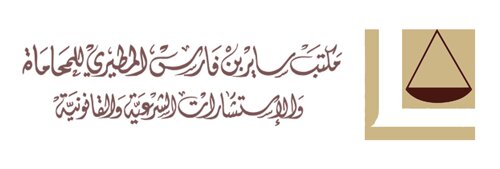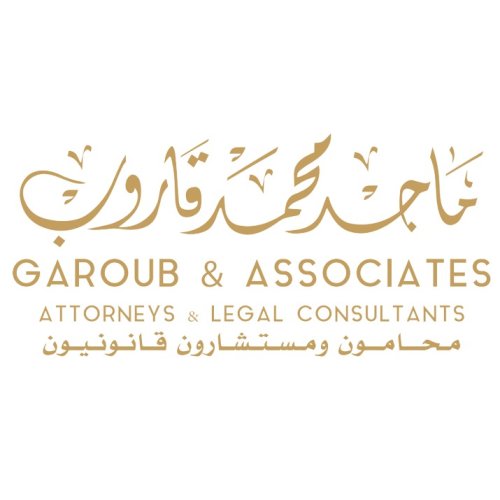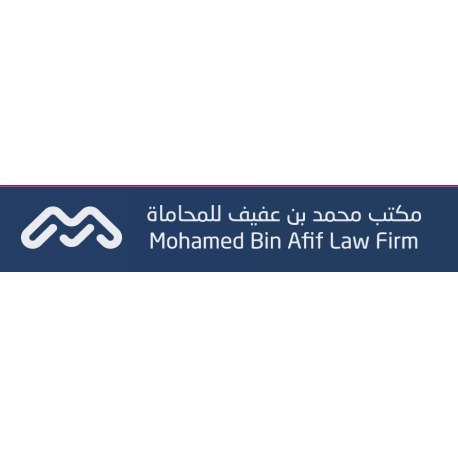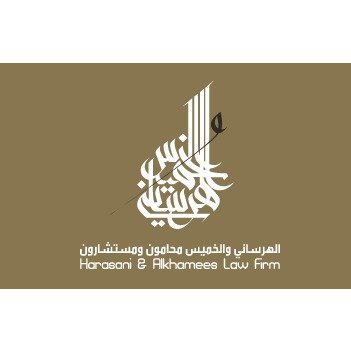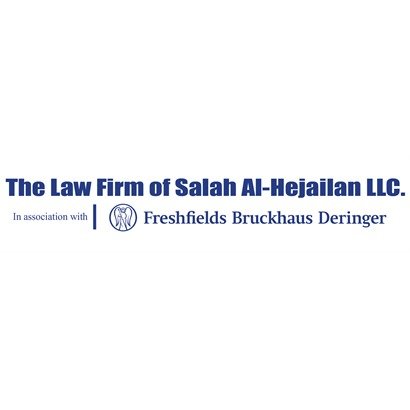Best Project Finance Lawyers in Jeddah
Share your needs with us, get contacted by law firms.
Free. Takes 2 min.
List of the best lawyers in Jeddah, Saudi Arabia
About Project Finance Law in Jeddah, Saudi Arabia
Project finance is a distinct method of funding large-scale infrastructure and industrial projects where repayment is mainly sourced from the generated cash flow of the project itself, often secured by the project's assets and rights. In Jeddah, which is a major commercial hub in Saudi Arabia, project finance plays a vital role in supporting megaprojects in sectors like energy, water, transport, real estate, and industrial development. The local legal environment supports robust frameworks for both local and international investors, guided by Shariah-compliant structures, Saudi legal principles, and international best practices.
Why You May Need a Lawyer
Engaging in project finance can be complex, involving numerous parties, intricate contractual relationships, and detailed regulatory requirements. Common situations where legal assistance is crucial include:
- Structuring finance arrangements to comply with Saudi and Islamic law
- Drafting or reviewing project and finance documentation including loan agreements, security packages, and concession contracts
- Navigating regulatory approvals and permitting processes
- Negotiating with project sponsors, lenders, contractors, and government authorities
- Ensuring compliance with foreign investment regulations
- Mitigating risk and managing disputes arising from project implementation
- Dealing with public-private partnerships and government procurement
Local Laws Overview
Project finance in Jeddah is shaped by a mix of Saudi national laws, Shariah principles, and regulatory frameworks. Key aspects include:
- Shariah Compliance: All financial transactions must comply with Islamic finance principles, which prohibit interest and promote risk-sharing structures such as Murabaha, Ijara, and Istisna'a.
- Foreign Investment Law: The Saudi Arabian General Investment Authority (SAGIA, now called MISA) facilitates foreign investment and oversees the licensing process.
- Secured Transactions: Security interests in project assets are governed by the Commercial Pledge Law and must be registered to be enforceable against third parties.
- Contract Law: Contract terms are guided by the Saudi Civil Code, with attention to Shariah principles regarding certainty, fairness, and the enforceability of obligations.
- Public Private Partnerships (PPP): PPP projects follow guidelines issued by the National Center for Privatization and PPP (NCP), ensuring risk allocation and government support mechanisms.
- Dispute Resolution: Most disputes are resolved through Saudi courts, but arbitration (including in Saudi Centers) is increasingly used, especially for international partners.
Frequently Asked Questions
What is project finance and how does it differ from other financing methods?
Project finance refers to funding large-scale projects where repayment depends primarily on the project's own cash flows, rather than the balance sheet of the sponsors. This is distinct from corporate finance, which relies on the general creditworthiness of the borrower.
Do project finance documents in Jeddah need to be in Arabic?
Yes, legal documents are usually required to be in Arabic for official purposes in Saudi Arabia. For cross-border transactions, bilingual documents may be prepared, but the Arabic version typically prevails in court.
Is Islamic finance mandatory for project finance transactions in Jeddah?
Yes, all financing in Saudi Arabia must comply with Shariah principles, so project finance structures commonly use instruments that avoid interest and promote profit-and-loss sharing.
Can foreign entities participate in project finance projects in Jeddah?
Yes, foreign entities are allowed, but they must obtain licenses through MISA and may be subject to sector-specific restrictions or requirements regarding local ownership or partnerships.
What types of security can lenders take in a project finance transaction?
Lenders can take various forms of security, including pledges over project assets, assignment of contracts and receivables, and mortgages over land or buildings, as permitted by Saudi law.
How are disputes typically resolved in project finance projects in Jeddah?
Disputes may be resolved in Saudi courts or, subject to agreement by the parties, in arbitration bodies located within Saudi Arabia. International arbitration is increasingly accepted in major transactions.
What approvals are required to initiate a project finance deal?
Typical approvals include foreign investment licensing, sector-specific permits, environmental clearances, and registration of security interests. Additional approvals may be needed for PPP or public projects.
Are there restrictions on currency transfers or repatriation of profits?
Saudi law generally permits transfer of profits and capital overseas, provided tax and regulatory requirements are met. All transfers must comply with anti-money laundering and anti-terrorism financing laws.
What are common challenges in project finance transactions in Jeddah?
Challenges include navigating regulatory changes, ensuring Shariah compliance, managing foreign exchange risks, and handling lengthy approval processes for permits and licenses.
How long does it typically take to arrange project finance in Jeddah?
The timeline varies depending on project complexity, sector, and regulatory requirements, but it commonly takes several months from structuring to financial close.
Additional Resources
For further information and assistance, consider consulting the following bodies and organizations:
- Ministry of Investment of Saudi Arabia (MISA) - for investment licensing and regulations
- Saudi Arabian Monetary Authority (SAMA) - overseeing banking and finance regulations
- National Center for Privatization and PPP (NCP) - for guidelines on PPP and privatization projects
- Saudi Center for Commercial Arbitration (SCCA) - for dispute resolution information
- Jeddah Chamber of Commerce & Industry - for business support and networking
- Qualified law firms with experience in project finance and Islamic finance structures
Next Steps
If you are considering entering into a project finance transaction in Jeddah, Saudi Arabia, or need legal advice regarding an ongoing project, follow these steps for effective assistance:
- Clearly define your project objectives, financing needs, and potential partners
- Compile all relevant project documentation and background information
- Consult with a locally qualified lawyer or legal advisor experienced in project finance and Islamic finance
- Discuss your regulatory and commercial requirements early in the planning phase
- Seek guidance on compliance with Saudi laws, Shariah principles, and sector-specific rules
- Engage professionals to assist with due diligence, documentation, and negotiation
- Monitor timelines for securing licenses, permits, and financial close
Taking early legal advice can help ensure a smoother transaction, minimize risks, and protect your interests throughout the project's life cycle.
Lawzana helps you find the best lawyers and law firms in Jeddah through a curated and pre-screened list of qualified legal professionals. Our platform offers rankings and detailed profiles of attorneys and law firms, allowing you to compare based on practice areas, including Project Finance, experience, and client feedback.
Each profile includes a description of the firm's areas of practice, client reviews, team members and partners, year of establishment, spoken languages, office locations, contact information, social media presence, and any published articles or resources. Most firms on our platform speak English and are experienced in both local and international legal matters.
Get a quote from top-rated law firms in Jeddah, Saudi Arabia — quickly, securely, and without unnecessary hassle.
Disclaimer:
The information provided on this page is for general informational purposes only and does not constitute legal advice. While we strive to ensure the accuracy and relevance of the content, legal information may change over time, and interpretations of the law can vary. You should always consult with a qualified legal professional for advice specific to your situation.
We disclaim all liability for actions taken or not taken based on the content of this page. If you believe any information is incorrect or outdated, please contact us, and we will review and update it where appropriate.







